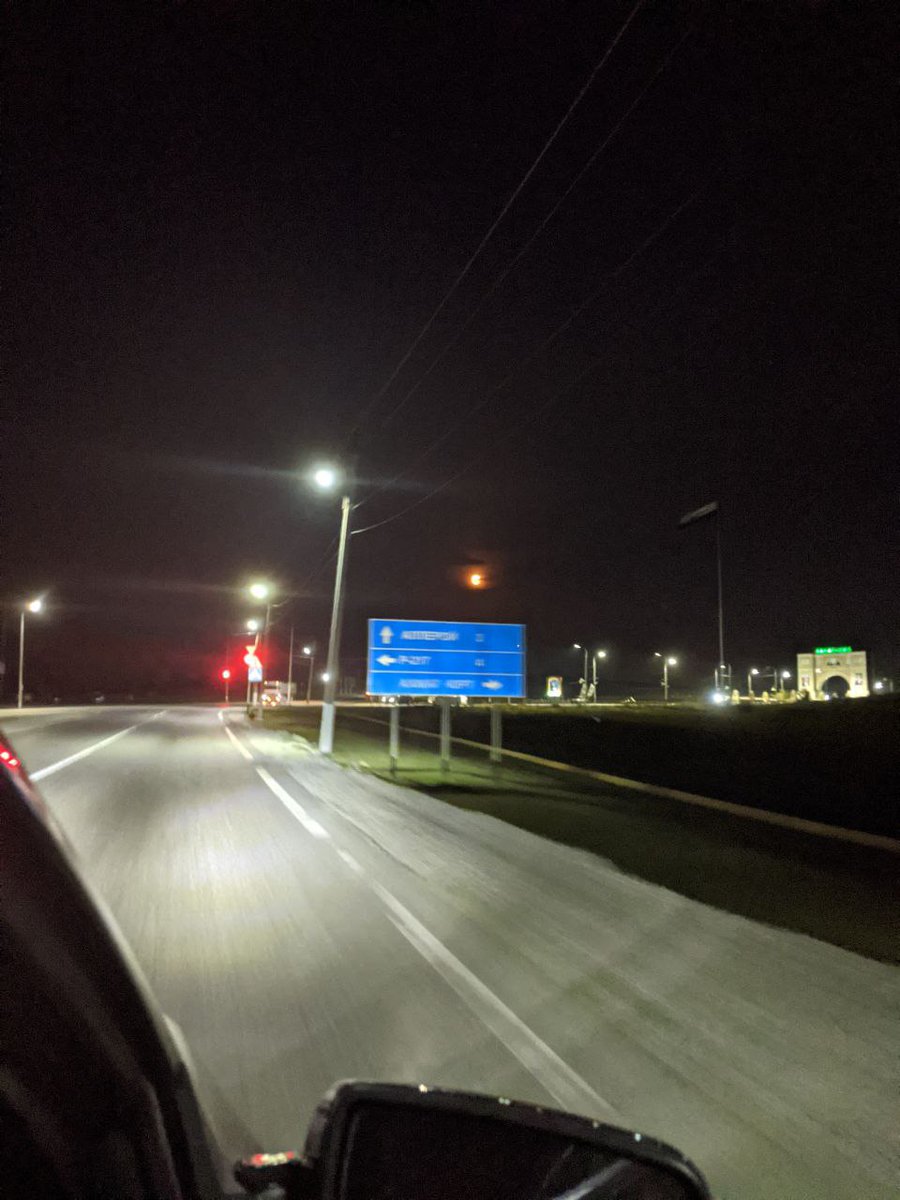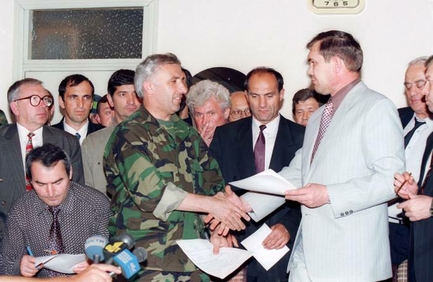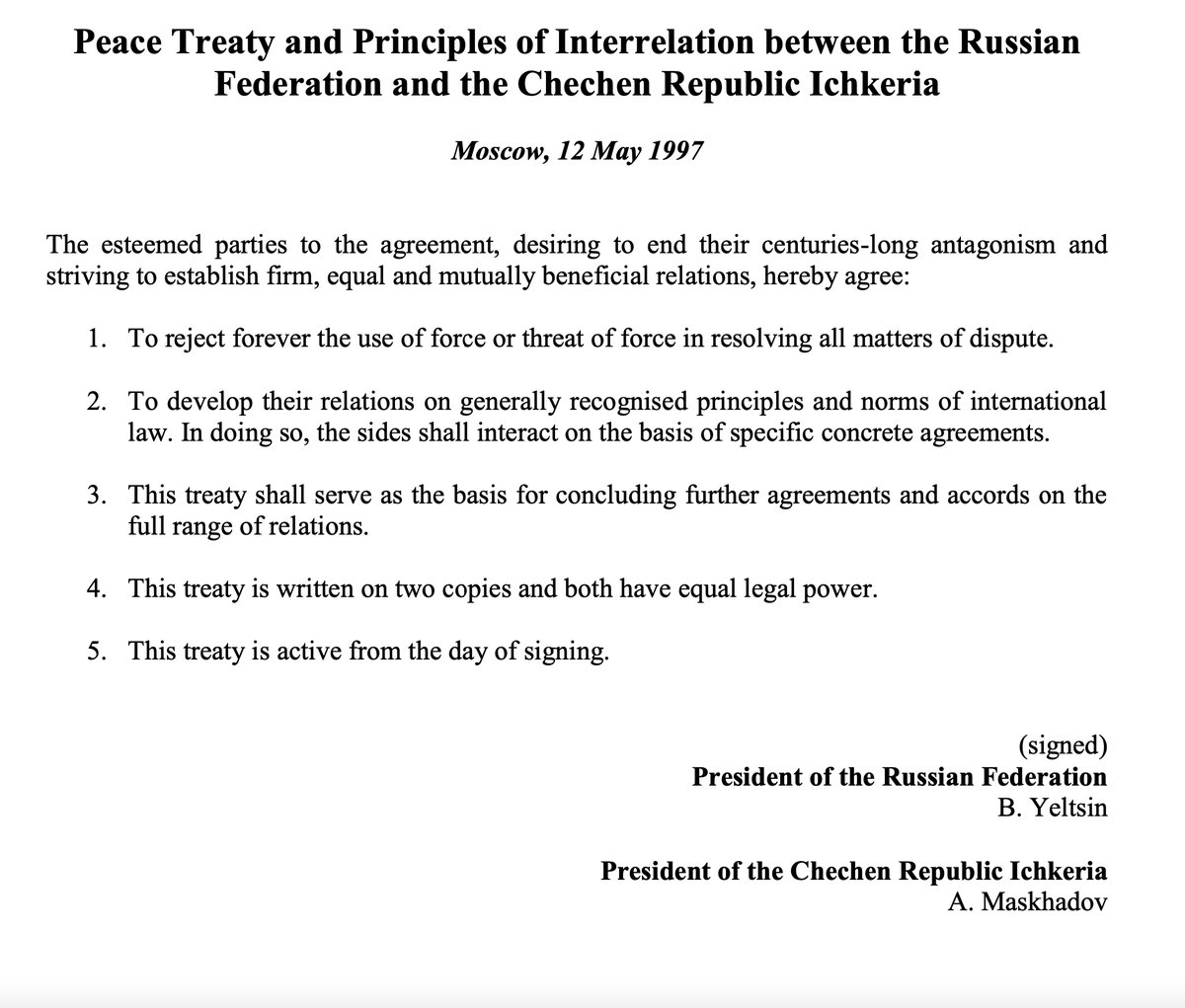
You are not wrong. European companies provided Russian military producers that manufacture everything you just described and more with:
- hardware
- software
- training
to do their job. Now Europe will be paying its price for arming a malevolent power next to their borders
- hardware
- software
- training
to do their job. Now Europe will be paying its price for arming a malevolent power next to their borders
https://twitter.com/Soachkache/status/1596293797712896001
So yeah, with every year of this war Europe will be getting poorer and poorer. There is a non-zero chance of it becoming destitute, should the war last for long. And it will be 100% self-inflicted. Moreover, it is being self-inflicted right now as Europe continues to arm Russia
Actions have consequences. And arming a malevolent aggressive power next to your borders *does* have consequences. The more you arm it, the more aggressive it becomes, increasing the risk of a war that will impoverish your continent. Fuck around, and find out basically
More importantly, European businesses continue arming Russia right now and (certain) national governments do nothing about it. Well, that's how you get a long war that will eventually impoverish you. The more you arm Russia, the longer the war lasts and the poorer you will end up
Honestly I see a sort of poetic justice in what is happening. The fate of Syrians who were bombed to dust by Russia was indeed unjust and their hardship was not self-inflicted. Syrians did not help to build Russian bombers or produce these bombs and missiles
Last time it was Syria who paid the price for the actions of European manufacturing companies. Now Europe itself will face the consequences of its actions. And even if this price is absurdly small in comparison with what Syria has paid, I still see an element of justice in it
• • •
Missing some Tweet in this thread? You can try to
force a refresh












